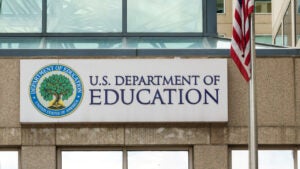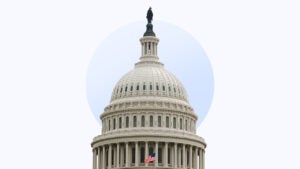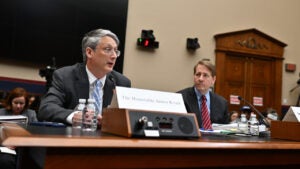Student loan payment pause extended for SAVE plan borrowers, and more student loan news
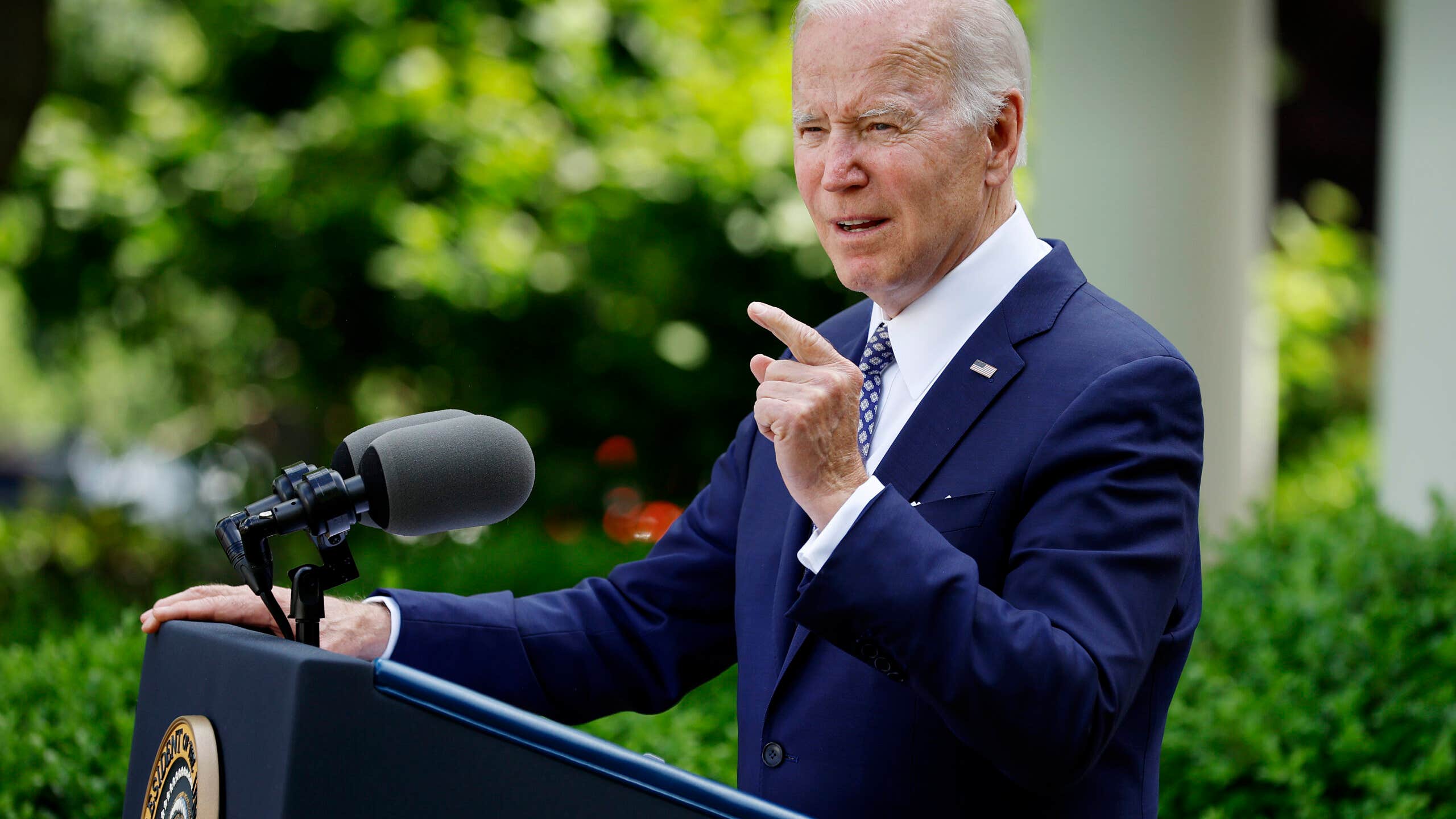
The 2024 election resulted in a Republican presidential win and Senate majority. What that means for student loans is not totally clear. However, while widespread student loan forgiveness looks less promising, the outgoing Biden administration continues to push for fixes to current programs.
In other news, the Federal Open Market Committee once again cut the federal funds target rate during its November meeting. The impact on current and future borrowers will depend on the type of loan you have, your repayment plan and whether you qualify for forgiveness.
SAVE Plan borrowers get an extension on payment pause
In late October, the Biden administration extended the interest-free SAVE plan forbearance for the eight million borrowers enrolled in the repayment plan. New guidance from the U.S. Department of Education indicates borrowers should expect the pause to last six months or longer.
The department first implemented the forbearance in August 2024 due to ongoing litigation between the department and seven states challenging the debt cancellation effort’s legality. The plan is under an injunction preventing the department and servicers from forgiving loans.
As long as the forbearance lasts, borrowers enrolled in the SAVE plan are not required to make monthly payments on their student loans, and interest will not accrue. The same goes for anyone who has applied for SAVE. While not required, making payments during forbearance can have financial benefits. It is important to note that, during the forbearance extension, candidates for public service loan forgiveness (PSLF) or income-driven repayment (IDR) will not receive credit for those programs.
What this means for borrowers
For those not enrolled or applying for the plan, your student loan repayment will continue as normal.
Those in forbearance can take a break on payments without the worry of interest accruing. You may even choose to make other money moves while in forbearance, like paying down your private student loans or other high-interest debt. There is no further action to take unless:
- You want to make payments during forbearance. You can make payments to your servicer to apply to future post-forbearance bills. The benefit is that you can pay down your principal balance so when the pause ends, there is less to charge interest on. This can help you pay your loan off faster and reduce the overall cost of the loan.
- You do not want to be in forbearance. You can change your repayment plan anytime by contacting your servicer. Just make sure the repayment plan you choose is not also in forbearance.
- You want to get credit toward PSLF or IDR. You may be able to receive credit with two other options: using a buy-back credit or enrolling in a different PSLF-eligible repayment plan.
All borrowers should keep their eyes on student loan news as a new president enters office. Based on many Republican legislators’ views on student loan forgiveness and the ongoing litigation against it, sweeping loan forgiveness is increasingly unlikely.

Current student loans news
Use the student loans news hub to stay updated with the latest news that could impact your balance and your wallet.
Learn moreAdministration cancels debt for 60,000+ public service workers
On October 17, President Joe Biden announced $4.5 billion in student loan forgiveness, canceling the debts of an additional 60,000 public service workers. According to the White House fact sheet, this brings “the number of public service workers who have had their student loans canceled to over 1 million people during the Biden-Harris Administration.”
Created in 2007, the PSLF program offers student loan relief to those who spend at least 10 years in careers that give back to the community. This group includes teachers, police officers, nurses, firefighters and servicemembers. Between its creation and 2020, just 7,0000 borrowers received this relief. Since the Biden administration took office, the total has swelled to more than a million borrowers and $74 billion in relief.
What this means for borrowers
Those qualifying for this forgiveness should have already been notified and received payment. If you were notified of forgiveness and have not received it, you should see the debt cleared within the next few weeks. If not, contact your servicer.
If you’re a public servant who hasn’t received forgiveness yet, continue to make your payments and follow your plan. If your loans are in forbearance due to the SAVE plan payment pause, be aware that you will not receive PSLF credit during this time.
Fed cuts rates once again, lowering rates for some student loan borrowers
During its November 7 meeting, the Federal Reserve cut interest rates for the second time this year — this time, by a quarter of a percentage point. While many economists predicted the cut, it was still pleasant news for borrowers across the loans landscape. And while experts may predict more cuts in 2025 — and borrowers hope for the same — Fed Chair Jerome Powell was careful not to hint at any future cuts, saying he would not rule it in or out.
Combined with the September cut, the federal funds target rate is 0.75 percentage points lower since the beginning of 2024.
What this means for borrowers
Existing federal student loan borrowers have a fixed rate that won’t change despite rate fluctuations. Congress determines federal student loan rates each year in July based on the 10-year treasury yield. If the federal funds rate continues decreasing, students who take out federal loans next year may see lower interest rates.
Private student loan rates are different as these loans are impacted by the Fed’s movements more immediately. If you plan on taking out student loans soon, your rates may be slightly lower than a few months ago. If you’re currently repaying your private loans and have a variable rate, your payment may lower slightly. If you have a fixed rate, your payment won’t change.
To take advantage of lower rates, learn how to refinance your student loans. However, refinancing federal student loans is not recommended as you’ll lose certain benefits, like potential loan forgiveness, federal deferment and income-driven repayment plans.
Why we ask for feedback Your feedback helps us improve our content and services. It takes less than a minute to complete.
Your responses are anonymous and will only be used for improving our website.
You may also like
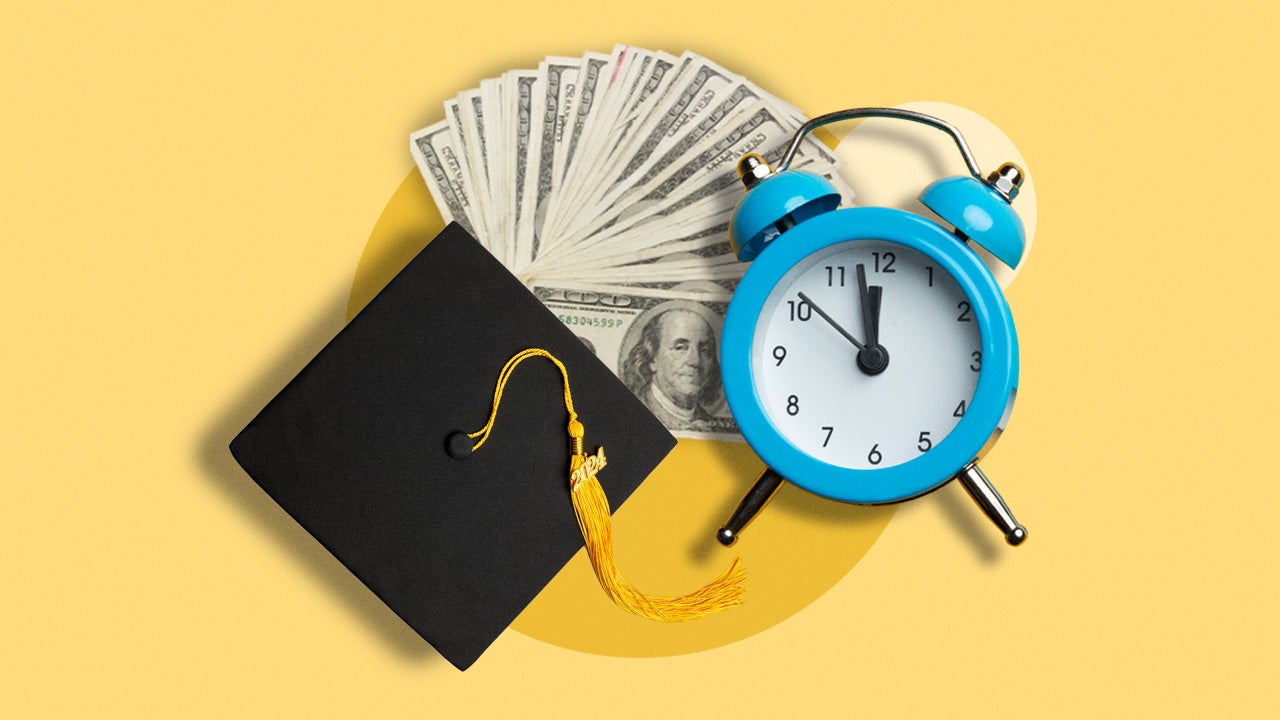
Loan default rates and student loan repayment



